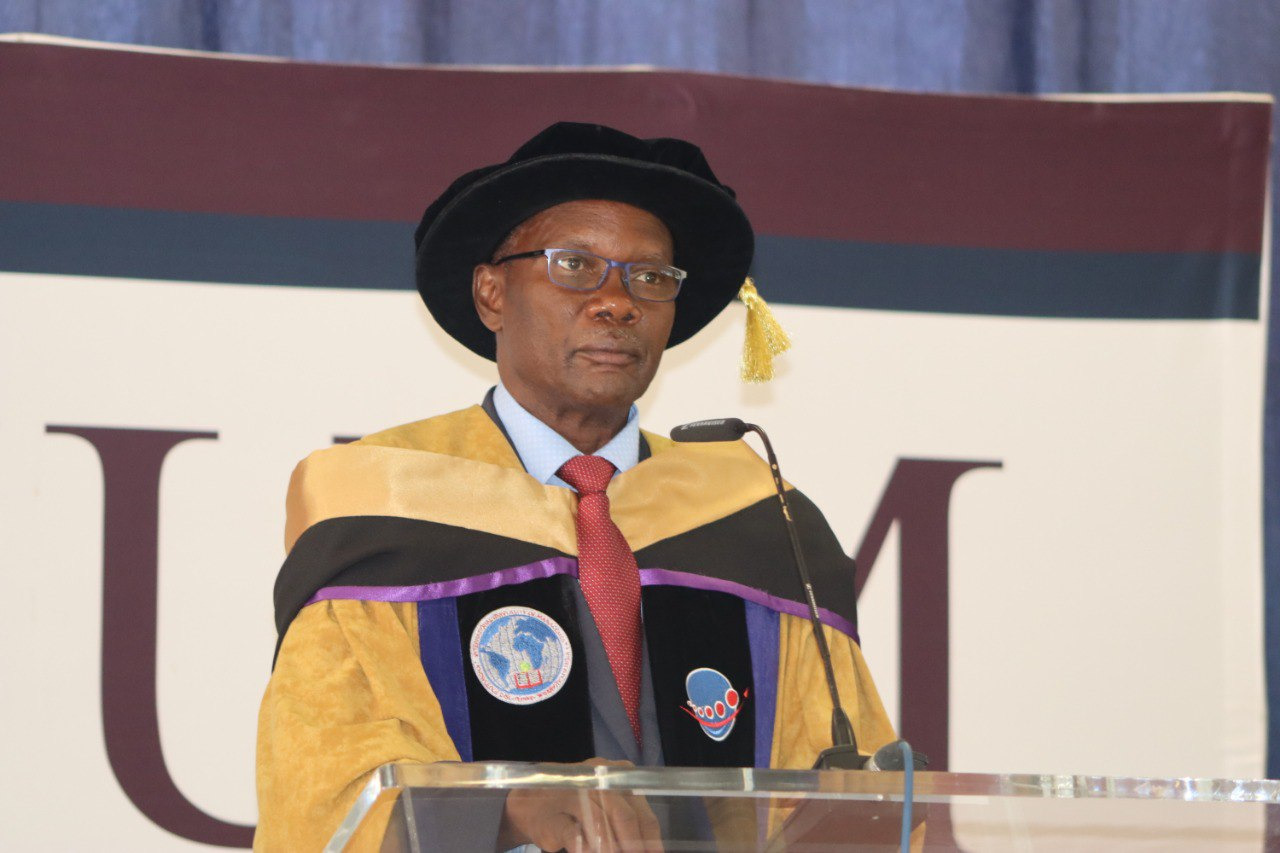Post-independence African presidents have mostly had oversized cabinets or national executives.
They have prioritised giving jobs as patronage to political, ethnic and religious allies, rather than making appointments based on competence, relevant skills and honesty.
When a cabinet is not based on merit, competence and skills, governments largely fail to deliver development, public services and economic growth.
Even where governments have had the political will to deliver development for their people, most African cabinets have simply been too big.
This makes it largely impossible to make decisions quickly, coordinate disparate government actions, and increase efficiency in accelerating public service delivery.
It also means they are unable to respond quickly to country crises and unlocking bottlenecks in economies.
The problem is that the response of many African presidents to failure at executive level appears to be to appoint more ministers to ostensibly execute policies, programmes and services, rather than firing the incompetent ministers.
This merely adds new layers of decision-making which actually decrease efficiency rather than improving it.
THE LOWDOWN
In 2019, South African president Cyril Ramaphosa inherited a cabinet of 36 – including deputy ministers – from former president Jacob Zuma and reduced it to 28
In a reshuffle in March 2023, Ramaphosa added two more ministries.
At present, Namibia has 23 ministers, excluding deputy ministers.
Zimbabwe has 24 cabinet ministers, plus 23 deputy ministers. Tanzania has 29 cabinet ministers.
Kenya has a cabinet of 22 ministers as does Mozambique. And Tunisia’s cabinet consists of 26 members.
The many ministers and deputies in African cabinets often lead to a duplication of functions – causing paralysis, fragmentation and confusion, rather than streamlining decision-making, implementation, and integration.
In many African countries, ministers and deputy ministers have large numbers of political advisers, functionaries and personnel which are additional ‘public services’, operating as parallel public services.
These additional ‘political’ public services at the patronage of cabinet ministers and deputy ministers are often more powerful than the real public service.
This means many African governments have dual public services – the political one, that is the large political administrative support reserved for cabinet ministers and deputy ministers, and the ‘real’ public service department equivalents parallel to them.
NUMBERS MATTER
For African countries, cabinets of between 10 and 16 members – without any deputies – are more fit for purpose.
Anything beyond that makes for cumbersome decision-making.
Developing countries which made giant leaps during the post Second World War period – either from mass poverty such as Singapore, or civil war such as South Korea, or defeat in war such as Japan – often had great growth economic spurts with relatively small cabinets ranging from nine to 20 people.
Singapore’s first post-colonial cabinet had nine members. Both Japan and South Korea, at the peak of their rapid economic growth phases, had a maximum of 20-member cabinets.
Taiwan has 16 cabinet members. Botswana’s first post-independence leader Seretse Khama had a cabinet of eight members.
Successful post-World War II developing country governments, such as Singapore, Taiwan and South Korea, concentrated on getting quality into their cabinets, rather than quantity.
The aim was to get the best talent available appointed to executives.
COMPETENCIES
These successful countries also often tried, within reason, to appoint individuals with competencies which matched the government departments they oversaw.
In contrast, developing and African countries which have stagnated since the end of colonialism, have often had oversized cabinets.
They have served more as reward for party seniority, struggle credentials and loyalty.
Also, governing parties in Africa don’t often appoint competent individuals who are members of opposition parties to their cabinets.
African governments even more rarely appoint non-politicians who are not members of their parties, ethnic group, religion, or colour into their cabinets.
This means African governments with their scarce skills have missed a chance to appoint seasoned expertise from outside their parties, ethnic or religious groups or colour, who could have improved the performance of their governments – and countries.
TAPPING TALENT
Going forward, African governments should consider appointing individuals who are not governing party members to their cabinets.
This would allow presidents to use the widest pool of talent available in their countries, which in most cases are not in politics or parliament.
Governing parties must include capable members of opposition parties in their cabinets.
Further, they must appoint competent individuals from business, civil society, academia and the professions, who are not members of governing parties, to critical cabinet positions which demand sophisticated skills.
Civil society organisations, organised business and the media must hold governments accountable to ensure smaller cabinets appointed on the basis of skills, merit and honesty.
African countries with their scarcity of management skills can ill-afford cabinets run by politicians only, or by politicians from ruling parties only, and which do not include competent managers from outside politics.
- William Gumede is associate professor, School of Governance, University of the Witwatersrand, and author of ‘Restless Nation: Making Sense of Troubled Times’.
Stay informed with The Namibian – your source for credible journalism. Get in-depth reporting and opinions for
only N$85 a month. Invest in journalism, invest in democracy –
Subscribe Now!






